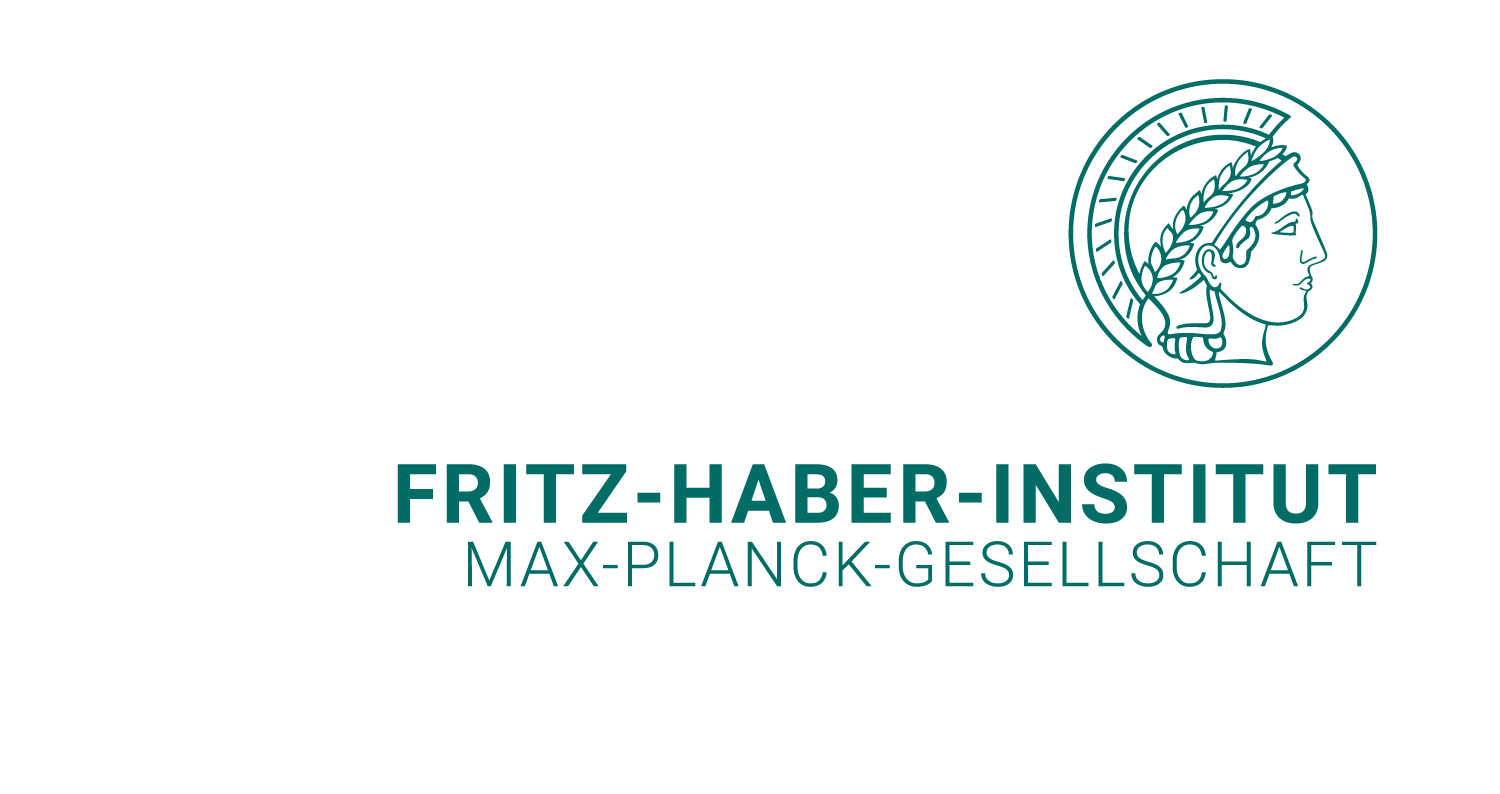Open Positions
Postdoc and group-leader positions for DFT and beyond and artificial intelligence at the NOMAD Laboratory at the FHI of the Max-Planck-Gesellschaft and IRIS-Adlershof of the Humboldt Universität zu Berlin
We are looking for motivated, computational materials scientists in the following fields:
- Development of AI methods with reliable prediction uncertainties and domain of applicability (read more here)
- Understanding and discovering novel memristor materials (read more here)
- Materials genes and descriptors for novel catalysts for a cleaner and sustainable future (read more here)
- Electrical transport of strongly anharmonic materials and thermoelectric devices (read more here)
All these projects involve the highest-quality ab initio theories (DFT with hybrid xc functionals, and coupled-cluster theory for solids) and novel artificial intelligence (AI) methods, for example AI-guided workflows (read more here). You will be embedded into an active team that had developed and is advancing leading methodologies of the area such as, for example, the FHI-aims electronic-structure software, the AI method SISSO, machine-learning interatomic potentials, and more.
Who we are
The NOMAD Laboratory, located in one of the most beautiful districts in Berlin, is well known for its advancements of the basic-science of and applications to the discovery of novel, not just new, energy materials. We address basic concepts and also demonstrate them for urgently needed applications. We enjoy exceptional scientific impact and highest track record for the career of our previous group members toward professorships and high-level positions in industry (read more here).
What we offer
Several positions for postdocs are available immediately, but the starting date can be discussed. Initially these positions are for the period of 18 months, but prolongations are planned.
Postdocs are also encouraged and helped to apply for an Alexander von Humboldt fellowship or to build their own scientific groups. Examples of the latter are the Emmy-Noether program of the DFG or an ERC starting grant. They will be organized jointly with one of the three universities in Berlin.
Collaborations (including research visits) with associated groups at the University of California in Santa Barbara, Duke University in North Carolina, The University of Arizona, Hokkaido University in Sapporo, Monash University in Melbourne, etc. are also possible.
What we need from you
You should bring excellent knowledge and experience in the following areas:
- Condensed-matter physics and materials science.
- Quantum mechanics, including density-functional theory, and many-body methods for molecules, nano structures, and solids.
- Fortran, C/C++, and Python programming.
- High-performance computing.
How to apply
Your application must include in one pdf file:
- A cover letter describing your motivation for the application (max. 1 page)
- A CV with a complete description of your academic career and relevant skills
- Contact details of two potential referees
- Your degree certificate(s)
If you have questions, please contact Matthias Scheffler (scheffler@fhi-berlin.mpg.de) or any of our group leaders.
Please send your application to Matthias Scheffler − NOMAD Office: office.nomad@fhi.mpg.de.

